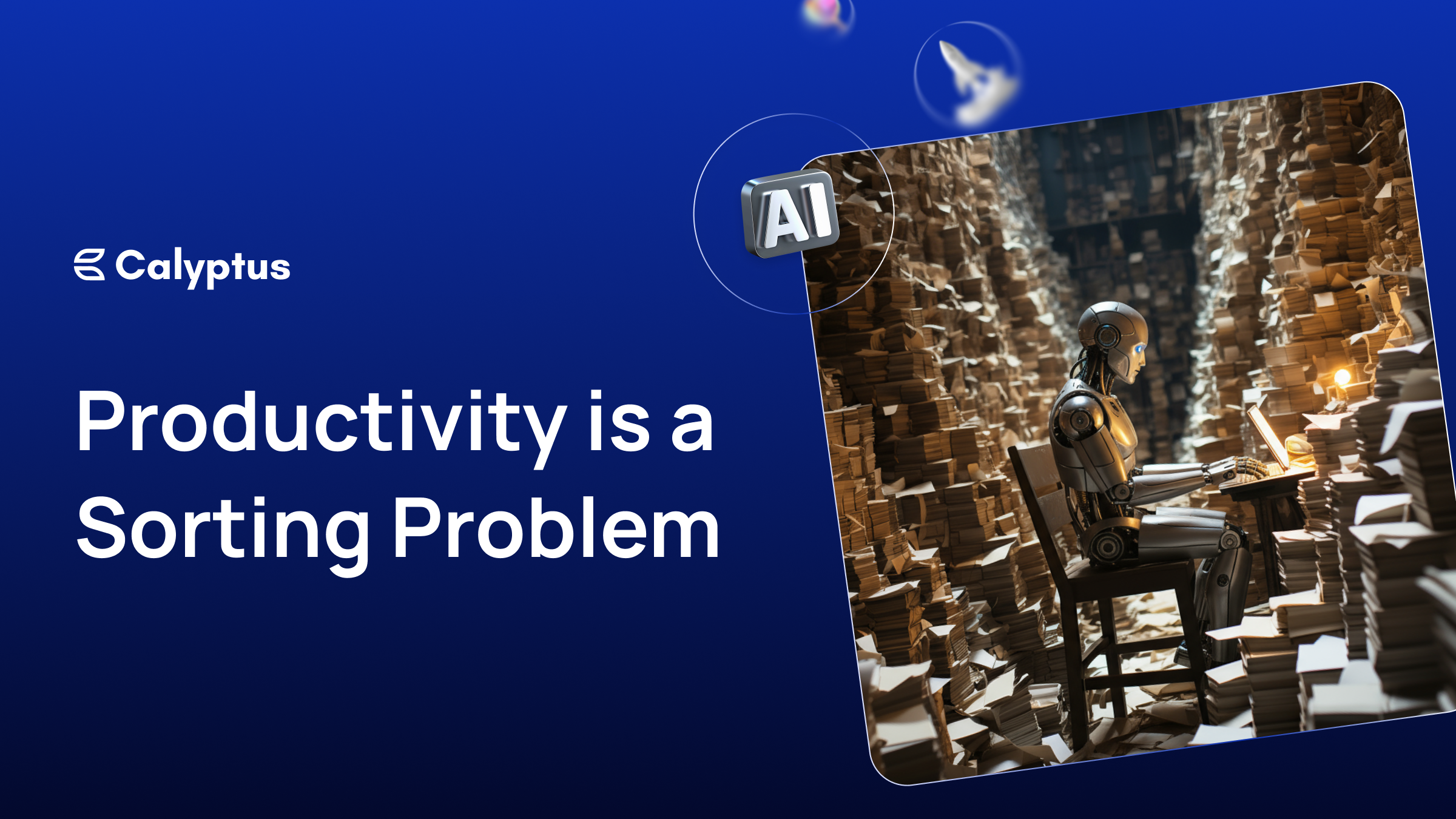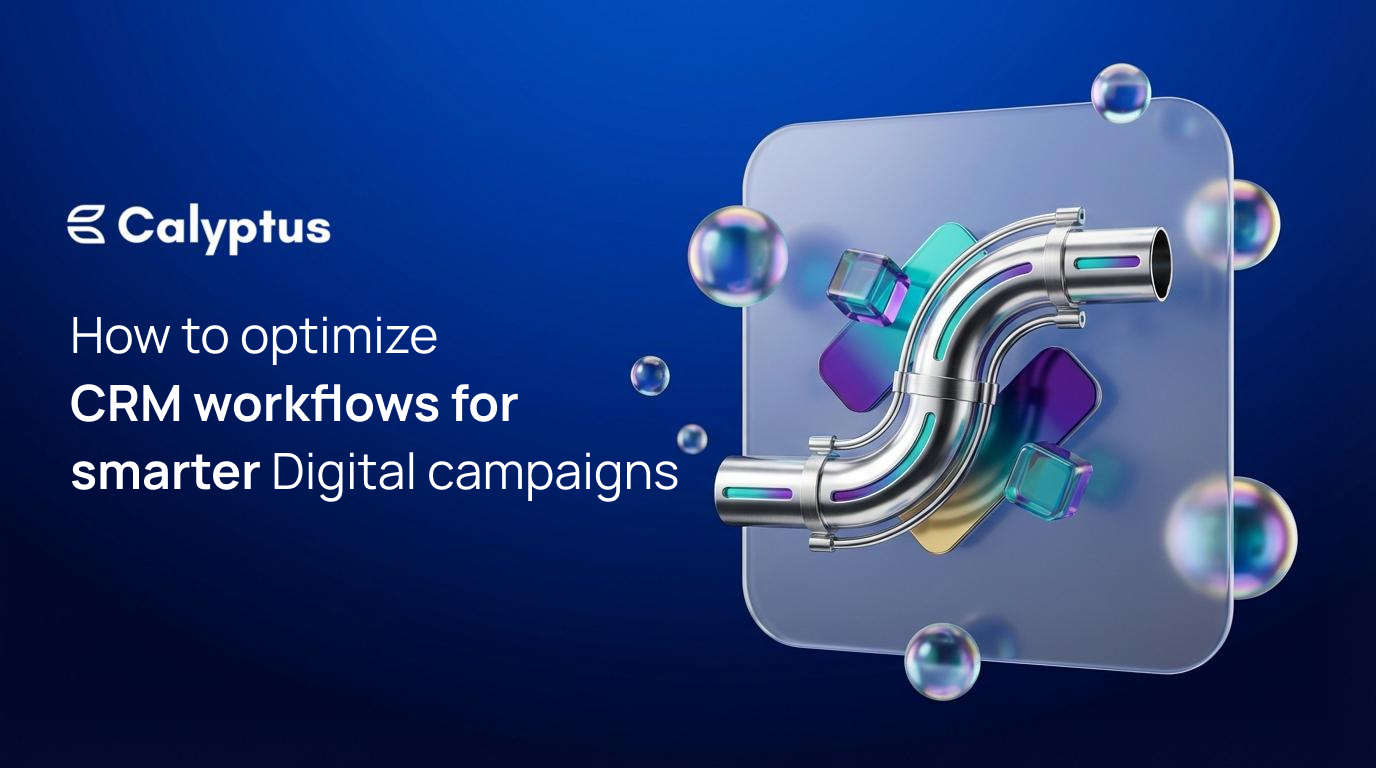Most companies already have enough talent. The problem isn’t more people anymore, it's how they get routed. From screening to matching, mis-routing wastes time, money, and morale. Enter AI recruitment software, advanced filters, and assessment engines the quiet sorters behind productivity gains and losses alike.
Why sorting matters more than quantity
When your talent pipeline is broad but unstructured, priorities and time get diluted. Recruiters spend hours sifting through marginal fits or irrelevant applications. Instead of strengthening final outcomes, the process bloats.
AI systems that match skills to roles, filter for relevance, and rank candidates by likelihood of success cut down on that waste. Research from Boston Consulting Group found that 54% of companies using AI or GenAI in HR are doing so in part to cast a wider net and more efficiently match skills to job specifications.
How AI filters boost productivity
These are the ways AI (smart filters, matching engines, candidate-sorting systems) pull up productivity:
- Faster screening. Automation handles large volumes, automatically discarding low-fit profiles, so humans only see higher-potential candidates.
- Reducing administrative load. Tasks like scheduling interviews, sending rejections, logging notes, even parsing resumes get taken off recruiters’ plates. That frees up time for higher-value work: mentoring, candidate engagement, employer branding.
- Better matching = fewer mis-hires. When you get more accurate early routing (role-fit, skill fit, culture fit), hiring mistakes drop. That means less turnover, less rework, less cost.
- Improved candidate experience. Fast feedback, more relevant job matches, less drag. That boosts employer brand and reduces dropout rates.
The catch: Filters can mis-sort too
Of course, sorting isn’t neutral. Filters are only as good as their design, data, and oversight.
- Bias & false negatives. If filters overweight certain credentials (school, degree, resume style), capable people can be filtered out unfairly. Examples in research show similar issues.
- Overreliance on simple proxies. Relying on keyword matching alone misses nuance. AI matching is better, but many filters still operate on shallow proxies.
- Lack of transparency. Candidates often don’t know why they were filtered out. Organisations may lose trust when people feel invisible.
What a smarter sorting infrastructure looks like
To make routing productive, not destructive, design with intention. Here’s what works:
- Deploy skills-based matching. Focus filters on actual competencies, not just credentials or keyword hits. (See “Skills or Degree? The Rise of Skill-Based Hiring …”)
- Blend human judgment. Let AI do scale, people do nuance: cultural fit, context, outlier potential.
- Metrics + audits. Track mis-match rates, false negatives, who gets filtered out by what rule. Use feedback loops.
- Transparent process for candidates. Explain what criteria matter; let job seekers optimize towards them.
- Iterate filters. Data should inform filter tuning. What seemed like a good proxy last year might be a bad one this year.
What this means for companies
If you fix your sorting, you salvage wasted energy across hiring cycles. Time-to-hire drops, quality improves, new hires stick. You stop competing just on volume and start competing on fit.
For organisations using AI powered hiring platforms, AI recruitment software, or AI recruitment platforms, this means rethinking routing as a central design challenge, not a back-end detail to ignore.
Sources
- Boston Consulting Group: How AI Is Changing Recruitment (2025) — On casting a wider net, matching skills to job specs. (Boston Consulting Group)
- Algorithmic Hiring & Diversity: Reducing Human-Algorithm Similarity for Better Outcomes — On the risk when filters mimic human biases. (arXiv)




